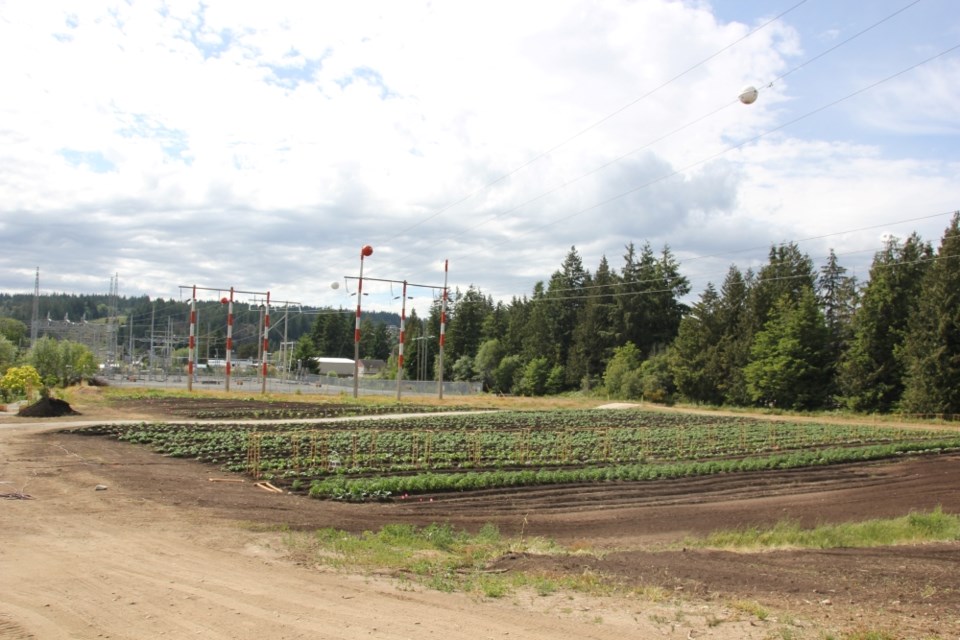Concerns raised by Sechelt area director Alton Toth at the April 25 Sunshine Coast Regional District (SCRD) board meeting halted talk of extending Stage 4 water use exemptions for food-growing farms to 2028.
In 2023, the board approved such an exemption for two years. At a March 28 committee meeting, Halfmoon Bay area director, Justine Gabias brought forward a proposal to extend exemptions.
At the board meeting, Toth asked to refer the matter back for further discussion stating he was worried about the implications of longer-term exemptions on the greater community’s water supply. His motion to refer the matter to a committee of the whole by July was endorsed by the board, with Gabias and the other Sechelt area director, Darren Inkster, opposed.
Toth said that while the current number and size of food-growing operations on the Coast is small, introducing extended water use exemptions could have unintended consequences. “We may not have large [farm] operations now but what might we be inviting to the community that we may not know about?” He asked.
Gabias agreed that further discussion could be beneficial but said the issue of certainty over water supply is “weighing heavy on our local farmers and they would like to be able to plan for the future."
Agriculture policy development project coming
The board directed staff to work with the Sunshine Coast Farmers Institute to develop a budget proposal for 2025 that would develop water use and Official Community Plan-related policy to support commercial food-growing farms in the SCRD. That motion specified those efforts be supported with funds available in the local government’s Agricultural Amenities Fund.
In response to a question on the source of those funds, Elphinstone area director Donna McMahon explained that the money had been secured from a developer’s contribution “eight or nine years ago." She noted that this project was the first proposal to use the money to do policy work related to agriculture that did not involve providing any direct assistance to a private enterprise, which local government is not allowed to do.



